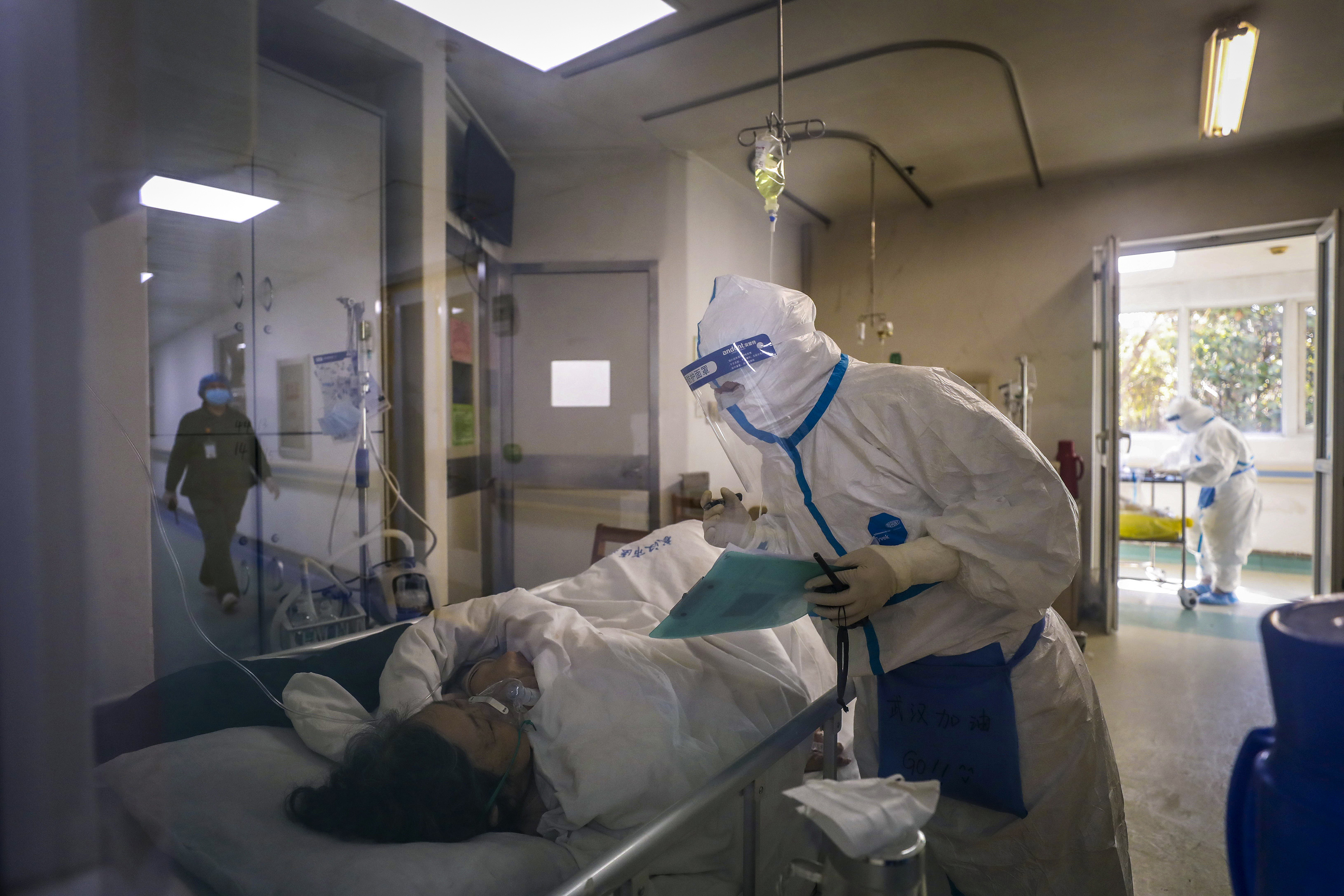China Just Kicked Out 3 Foreign Journalists For Negative Coronavirus Coverage

Credit to Author: David Gilbert| Date: Wed, 19 Feb 2020 13:14:16 +0000
Want the best of VICE News straight to your inbox? Sign up here.
Beijing has given three Wall Street Journal journalists five days to leave the country because of an opinion piece the paper published criticizing the government’s response to the coronavirus outbreak.
Beijing’s foreign ministry said Wednesday that the expulsion of U.S. nationals Josh Chin and Chao Deng, as well as Australian Philip Wen, was punishment for the publication of an opinion piece entitled “China is the real sick man of Asia,” that criticized China's response to the coronavirus outbreak, which has now killed over 2,000 people and infected more than 75,000.
The article has been widely criticized in China since it was published on Feb. 3, and Beijing has repeatedly referenced it, calling for the Journal to apologize, and “punish those responsible” for the article.
“Regrettably, what the WSJ has done so far is nothing but parrying and dodging its responsibility,” Foreign Ministry spokesman Geng Shuang said in a daily news briefing Wednesday. “The Chinese people do not welcome media that publish racist statements and smear China with malicious attacks.”
However, none of the three journalists expelled worked on the opinion piece in question, which was written by a Walter Russel Mead, a professor of foreign affairs at Bard College.
All three journalists have, however, done extensive coverage of China’s crackdown on Uighur Muslims in Xinjiang, and last year Wen co-wrote a piece detailing an Australian investigation into Xi Jinping’s cousin spending $40 million at a casino.
Wen’s Singaporean co-author on that piece, Chun Han Wong, didn’t have his credentials renewed last August and was forced to leave the country.
The Dow Jones, which publishes the WSJ, has yet to respond, but the Foreign Correspondents' Club of China expressed its “deep concern and strong condemnation” about the decision, adding that “the expulsion of these three WSJ reporters is only the latest, and most alarming, measure authorities have taken.”
READ: Shocking videos show Chinese authorities humiliating people for not wearing masks
Some people have pointed out that the expulsion of the three journalists came just hours after the U.S. designated five Chinese state-run media outlets as “foreign missions,” imposing restrictions on their activities in the U.S.
The five Chinese state-owned media companies — Xinhua, China Global Television Network, China Radio, China Daily and Hai Tian Development USA — will now be treated as parts of the Chinese government, treated the same as Chinese diplomats based in the U.S.
Just like the Chinese Embassies in the U.S., the media outlets will have to provide a list of employees to the State Department and will need U.S. government approval to buy or lease office space.
READ: Here’s how China is silencing coronavirus critics in the U.S.
“The fact of the matter is each and every single one of these entities does in fact work 100% for the Chinese government and the Chinese Communist Party,” a senior State official told CNN.
The expulsion marks the first time in the post-Mao era that Beijing has revoked the credentials of multiple journalists at one international news outlet at the same time. While there are severe reporting restrictions placed on journalists in China, it is very unusual for journalists to be expelled.
The decision comes at a time of heightened tensions in China where Xi Jinping’s government has been widely criticized for its delayed response to the coronavirus outbreak.
Beijing has already erased online criticism from its own citizens, silenced the voices of people around the world trying to raise concerns about the outbreak, and detained whistleblowers seeking to show the world what’s really happening on the ground in Wuhan, the epicenter of the outbreak.
Cover: In this Sunday, Feb. 16, 2020, photo, a medical worker checks on a patient's condition at Jinyintan Hospital designated for new coronavirus infected patients, in Wuhan in central China's Hubei province. (Chinatopix via AP)
This article originally appeared on VICE US.